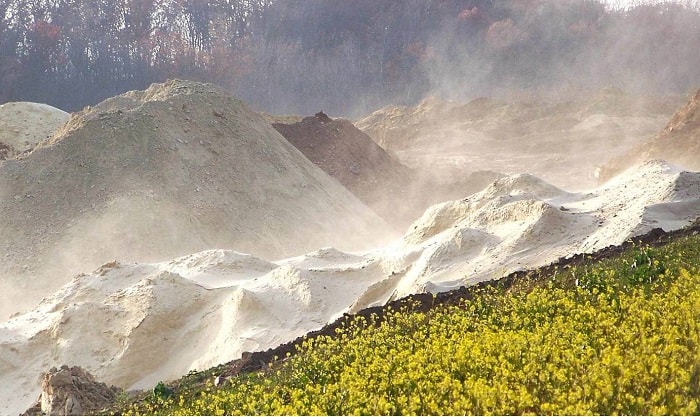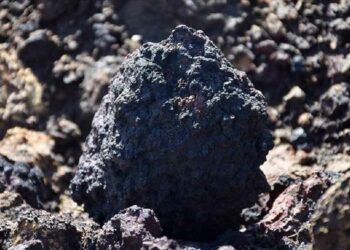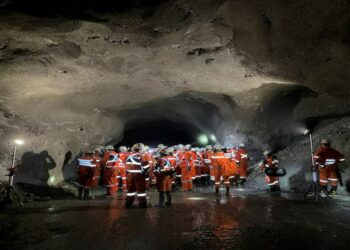ELYSIS, a joint venture of global aluminum industry leaders Alcoa and Rio Tinto focused on developing a zero-GHG aluminum production process (earlier post), will site or its new research and development facility in the Saguenay–Lac-Saint-Jean region in Québec. The center will directly employ more than 25 experts when it is fully operational.
ELYSIS is working to commercialize by 2024 a breakthrough technology that eliminates all direct greenhouse gases (GHGs) from the traditional aluminum smelting process, instead producing pure oxygen. The ELYSIS process has the potential to reduce the environmental footprint of the aluminum industry on a global scale.
The new ELYSIS Research and Development Center will be located at Rio Tinto’s Complexe Jonquière, the site of the Arvida smelter, Vaudreuil refinery and Arvida Research and Development Centre. It is expected to be fully operational in the second half of 2020.
The new research center is locating in the Saguenay–Lac-Saint-Jean because of the region’s notable expertise in the aluminum sector and financial backing from both the Québec and Canadian governments.
The ELYSIS team will continue to work in close collaboration with the Alcoa Technical Center (ATC) near Pittsburgh in the United States, where this patent-protected technology was invented and has been producing metal at different scales since 2009. The Alcoa Technical Center provides support to ELYSIS on the proprietary anode and cathode materials that are essential to this advanced smelting process.
The ELYSIS process will reduce operating costs of aluminum smelters while increasing production capacity. It could be used in both new and existing aluminum smelters.
In Canada alone, the ELYSIS technology has the potential to reduce GHG emissions by 7 million tons, the equivalent of removing 1.8 million cars from the roads. ELYSIS will also sell next-generation anode and cathode materials, which will last more than 30 times longer than traditional components.










